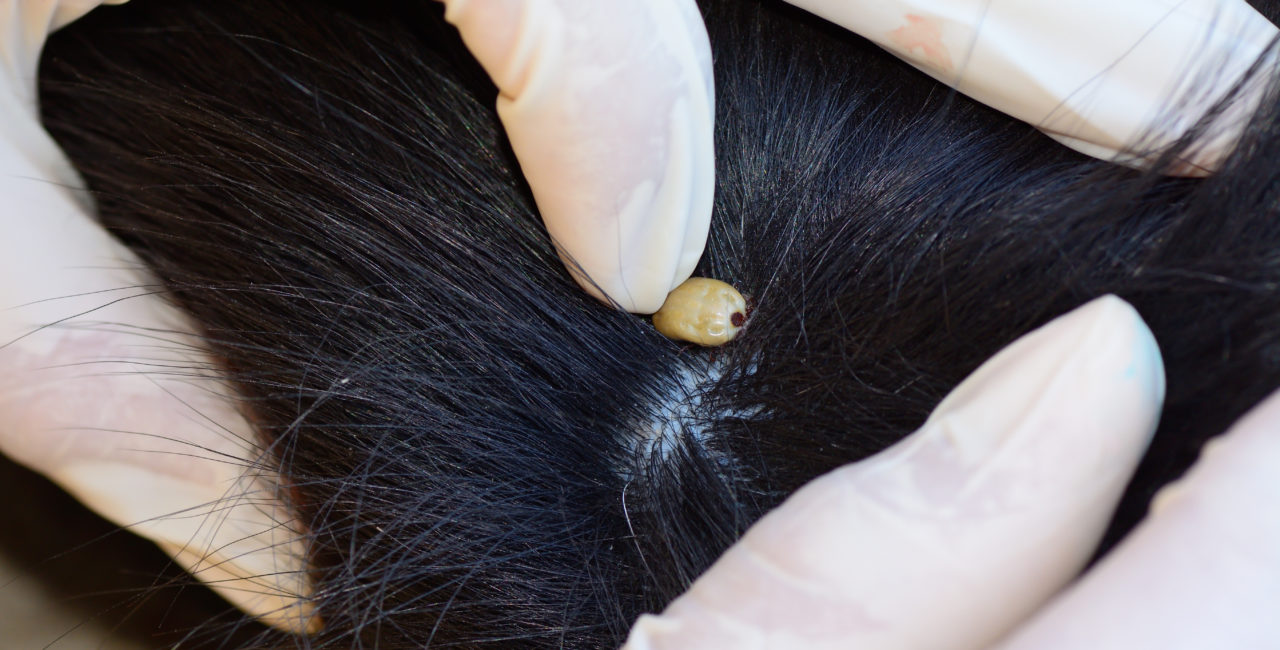Talk to your pet about “Stranger Danger” to protect them from pesky bugs! Fleas, ticks and other creepy crawlers are strangers to your pet. They pose a great amount of danger to your pet’s well-being, and we need to STOP them. Here are some frequently asked questions about commonly seen parasites.
When is it considered flea and tick season?
From the beginning of spring to the end of fall, we in Atlantic Canada experience a flea and tick season. This doesn’t mean we can’t spot some fleas jumping around your pet’s favourite napping area in “off season”. These little critters, once in your home, will continue to grow and multiply as long as it’s warm and there’s a sweet little furbaby to nibble on.
When should I apply flea and tick medication?
It is recommended to apply medication year-round for full and complete protection. Depending on your pets’ lifestyle, you may begin 2 weeks before spring weather comes and continue until 2 weeks post winter snowfall (5 days below -5oC). Please consult your veterinarian for the best option for your pet.
How do I administer parasite medication?
Application varies with the type of medication you prefer and the coverage your pet needs. Your Veterinarian can prescribe the best topical and/or oral treatment for your pet. They will give instructions on how to properly administer the medication and how often it should be given.
How do I check my dog for fleas/ticks/worms?
Commonly seen parasites consist of fleas, ticks, tapeworms, roundworms, ear mites, heartworm and (unfortunately) many more.
On a daily basis, we urge pet owners to monitor their activities and where they wandered throughout their day. Here are some things to look out for;
- Little critters crawling on their skin
- Black specks in their fur coat
- Little “skin tag” shaped insect attached to their skin
- Little or large worms found in their vomit and bowel movements
- Small “grains of rice” stuck around their bum in the fur – moving or dried
What do I do if my dog/cat has worms?
Having a good description of the potential parasite found will greatly help your veterinary staff identify the little critter and prescribe the proper parasite treatment/preventative for your pet. Bringing in the worm is best to obtain a true diagnosis. Bringing in a regular fecal sample can help identify worms early and help make sure your pet stays as healthy as possible.
*** We strongly recommend having your pet in for their annual checkup and administering a monthly preventative treatment to decrease the risk of parasite and/or diseases they may pose to your pet ***
Written by Moncton Animal Hospital



